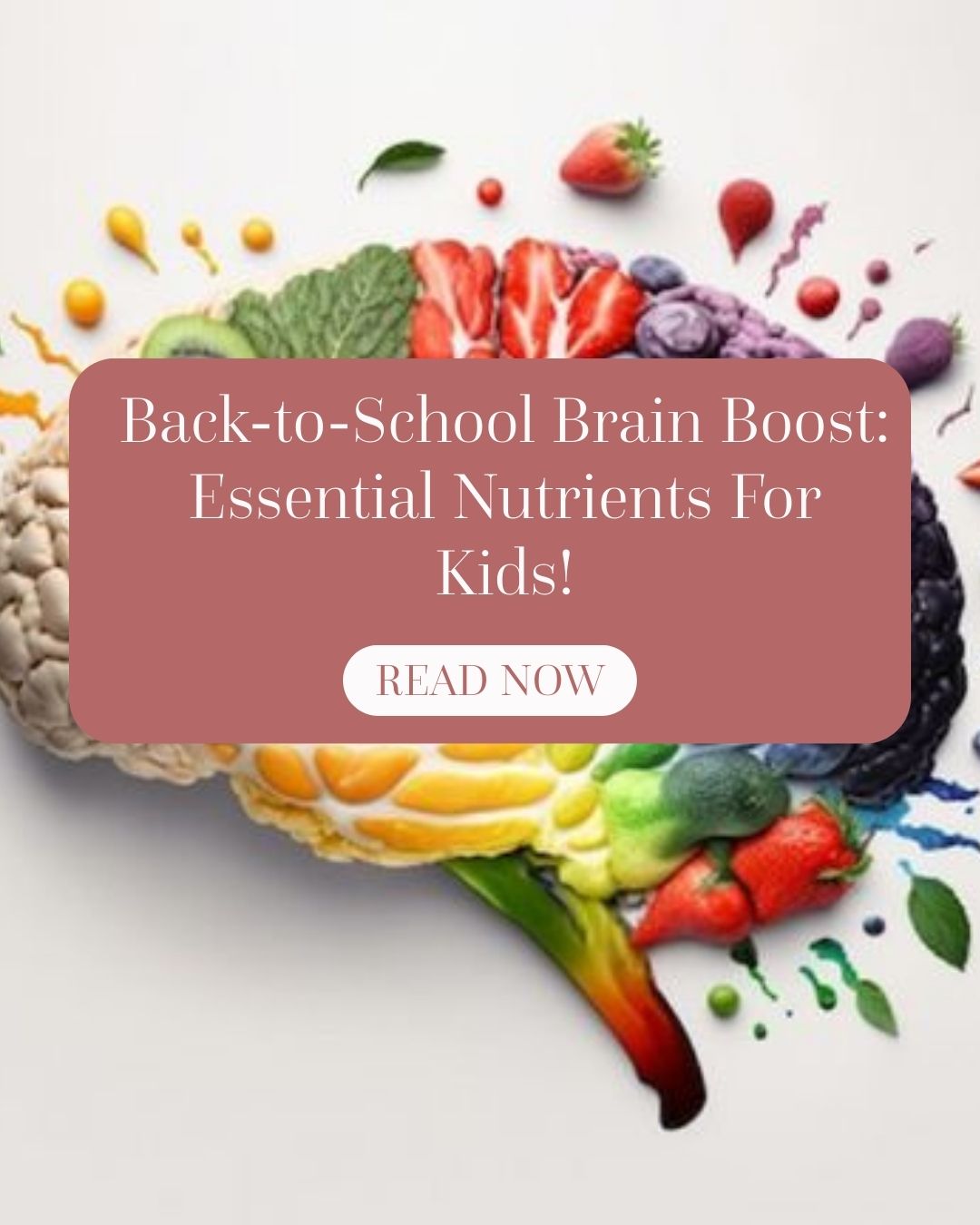Now that your child is back to school, it is important to give them the nutrition they need to stay focused and attentive.
Nourishing meals rich in omega-3 are important to give your child the extra head start they need. Which is why we spoke to Warren Maginn, Clinical Nutritionist, to ask which things you may not know about omegas for your child’s health.

Essential fatty acids are necessary to remain healthy
Eicosapentaenoic acid (EPA) and docosahexaenoic acid (DHA) are omega-3 essential fatty acids found in fish and fish oil that are essential for healthy foetal, infant, and child development.

Omega-6 isn’t as healthy as it sounds
It is hard to avoid omega-6 as they are highly abundant in the modern Western diet. It is advisable to swap some of your child’s grain based foods such as bread and pasta for more fruits and vegetables such as berries, mangos, leafy greens, squash and cauliflower. When cooking, try to avoid soy, safflower, sunflower or ‘vegetable’ oils as these are considerably higher in omega-6 than most other oils.

Omega-3 can be found in food
Cold water fish such as salmon and sardines contain high levels of omega-3, as well as free-range eggs and natural yoghurt. Although adding these to your child’s diet will definitely increase their omega-3 levels, balancing their omega-6 and omega-3 is important. Your child would have to eat an abundant amount of fish to even come close to tipping the balance in most household circumstances. That is why a fish oil supplement may be of benefit.

Fish oil supplements are all different
The many natural features of fish oil which make it so beneficial for adults, apply equally, if not more so, to children. To ensure safety from toxins and free radicals, and to avoid a fishy aftertaste or burps, choose a supplement that is third-party tested for purity and freshness, with a certificate of analysis available to demonstrate this. Only third-party analysis can verify the quality of a fish oil supplement.

Children lack omega-3 in their diet
The vast majority of children are not getting enough EPA and DHA because they do not regularly consume enough cold-water fish, either because they are picky eaters or because it is simply not available to them.
Although adding omega-3 foods in their diet is beneficial, due to the large amounts of omega-6 in the modern Western diet there may often still be an unbalance. A fish oil supplement that includes both EPA and DHA will ensure your child gains an adequate amount of these essential nutrients.

Cognition and learning improvements with omegas
DHA is essential to normal brain function throughout life, supporting development, memory and learning. There is strong scientific evidence that both EPA and DHA help contribute to overall cognitive health, and research consistently shows that fish oil is associated with higher cognitive performance in children.

Omegas may benefit mental health and behaviour
EPA and DHA have also shown positive effects on mood and behaviour, and may promote improved learning capabilities in a school setting.




















